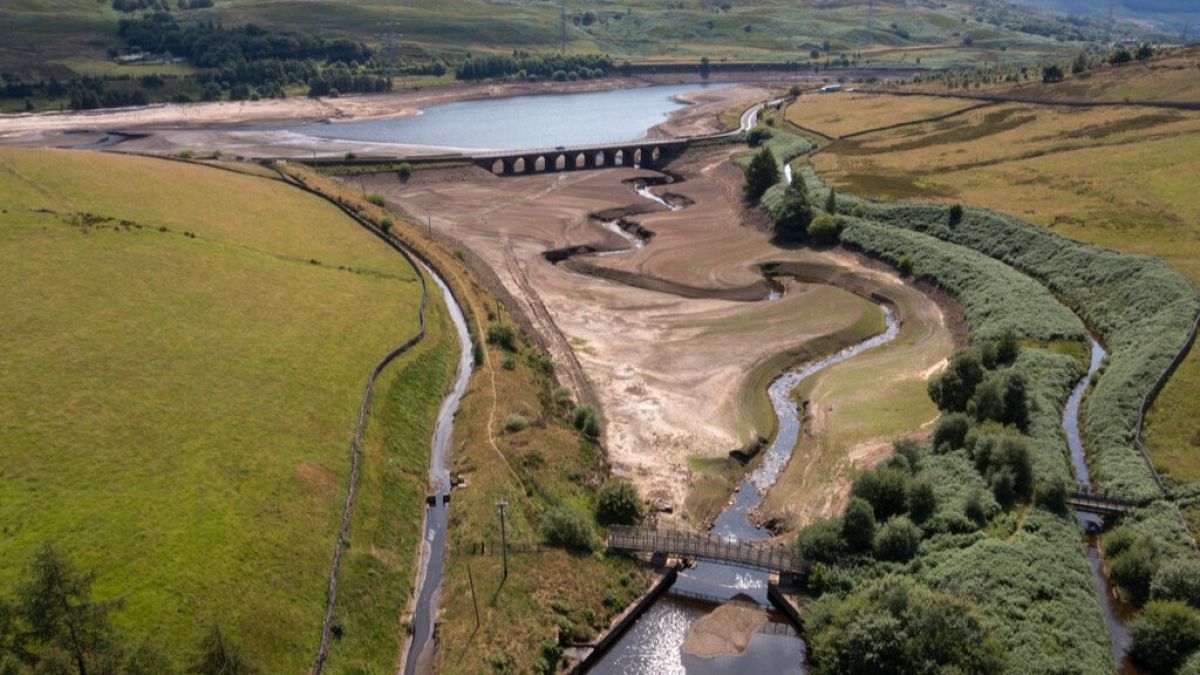UK Launches New Water Regulator Amid Thames Water Crisis

Labour Announces Overhaul of UK Water Regulation, Phasing Out Ofwat
Moving Past the Old Regulator
In a decisive shift, the United Kingdom’s Labour administration has decided to eliminate the current regulatory authority, Ofwat, and introduce a fresh governance body aimed at curbing the infractions of the past.
Why the Change?
- Historical abuses of the water sector that have eroded public trust.
- Need for a more transparent and accountable framework.
- Desire to align water governance with contemporary standards of consumer protection.
What the New Watchdog Will Do
The proposed watchdog will focus on:
- Monitoring pricing and service quality.
- Enforcing strict compliance with regulatory mandates.
- Ensuring fair treatment of households and businesses.
Expected Impact on Consumers
With the new body in place, residents can expect:
- More rigorous price controls.
- Quicker resolution to complaints.
- Increased participation in oversight processes.
Industry Reactions
Water companies anticipate a period of adjustment as they align with the forthcoming regulatory criteria. Some express concern about the initial uncertainty, while others see it as an opportunity to improve service standards.
Looking Ahead
The transition from Ofwat to the new watchdog marks a pivotal moment in the UK’s water sector, promising a more equitable and responsible framework that addresses the mistakes of previous administrations.
UK Announces Radical Water Industry Overhaul
On Monday, the UK government disclosed a sweeping plan to replace the current regulatory framework for the country’s water and sewerage sector with a single, unified regulator. The move will eliminate Ofwat, the body that has historically overseen economic regulation in England and Wales, and merge its responsibilities with those of three other oversight agencies.
Why the Shake‑Up?
The decision follows an independent review led by Sir Jon Cunliffe, former deputy governor of the Bank of England, which highlighted a series of financial missteps and environmental breaches. In particular, the review was triggered by the revelation that rivers and lakes were receiving record‑level sewage discharges, prompting widespread public outrage.
Key Recommendations
- Establish a single regulator to eliminate regulatory fragmentation.
- Create nine regional water planning authorities to manage local infrastructure and service delivery.
- Launch a formal turnaround regime to give distressed operators a window of regulatory leniency.
- Upgrade the Consumer Council for Water into a fully empowered Water Ombudsman with enhanced consumer protection powers.
Financial Turmoil at Thames Water
Thames Water, the nation’s largest water supplier, is entrenched in a debt crisis, reportedly holding £17 billion (≈€19.6 billion) in liabilities. The company has announced its inability to meet the substantial sewage fines it owes, raising concerns about its long‑term viability.
Government and Industry Reactions
The Ministry of Environment, led by Secretary Steve Reed, praised the new regulator as a solution to “past abuses” and a streamliner of ineffective oversight. Water UK, the industry lobby group, expressed support, stating that the reforms address a system that “has not been working” and that “this fundamental change has been long overdue.”
Environmental Advocates Push Back
Critics such as Giles Bristow, CEO of Surfers Against Sewage, dismissed the report’s proposals as superficial. He described the recommendations as “putting lipstick on a pig,” arguing that eliminating Ofwat alone will not curb sewage dumping or profit‑driven priorities if the industry’s financial and ownership structures remain unchanged.
Looking Ahead
Sir Cunliffe warned that the costs of generating water and waste services are expected to rise as aging infrastructure is replaced. He advocated for safeguarding vulnerable households from water poverty through targeted billing measures or social security support.
Still, the overarching aim of the overhaul is to strengthen investor confidence, protect both consumers and the environment, and establish a more coherent regulatory framework for the future of the UK’s water industry.





